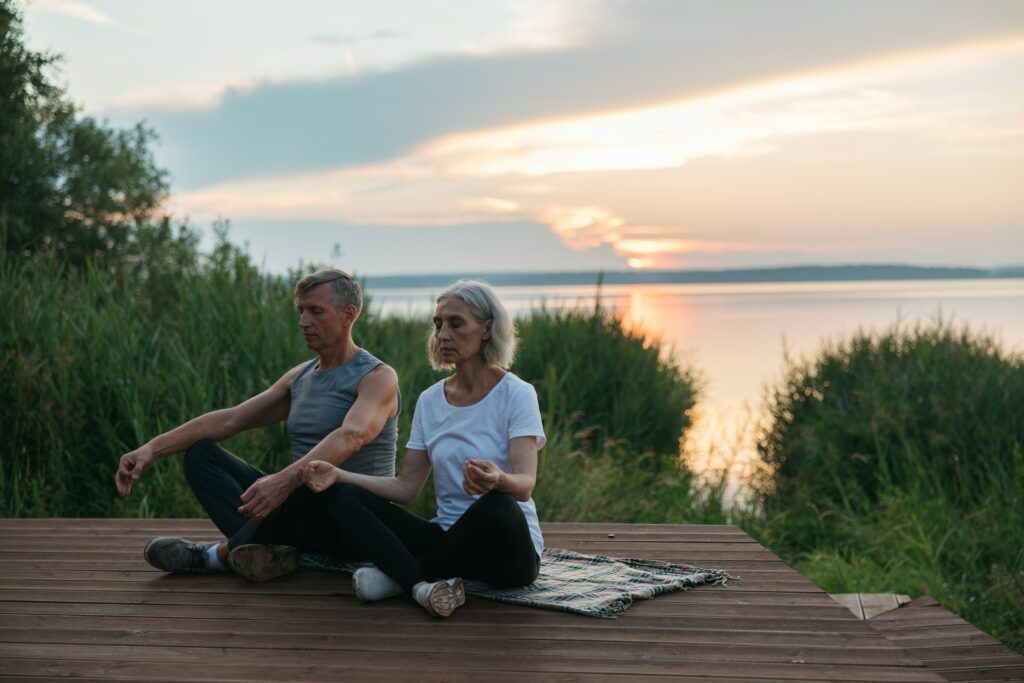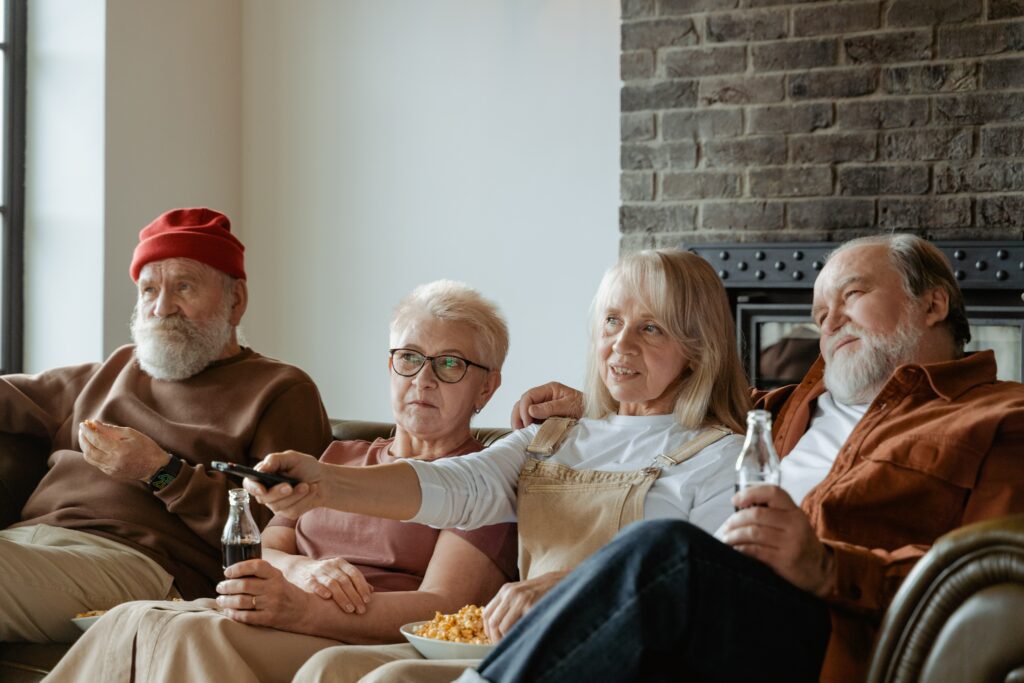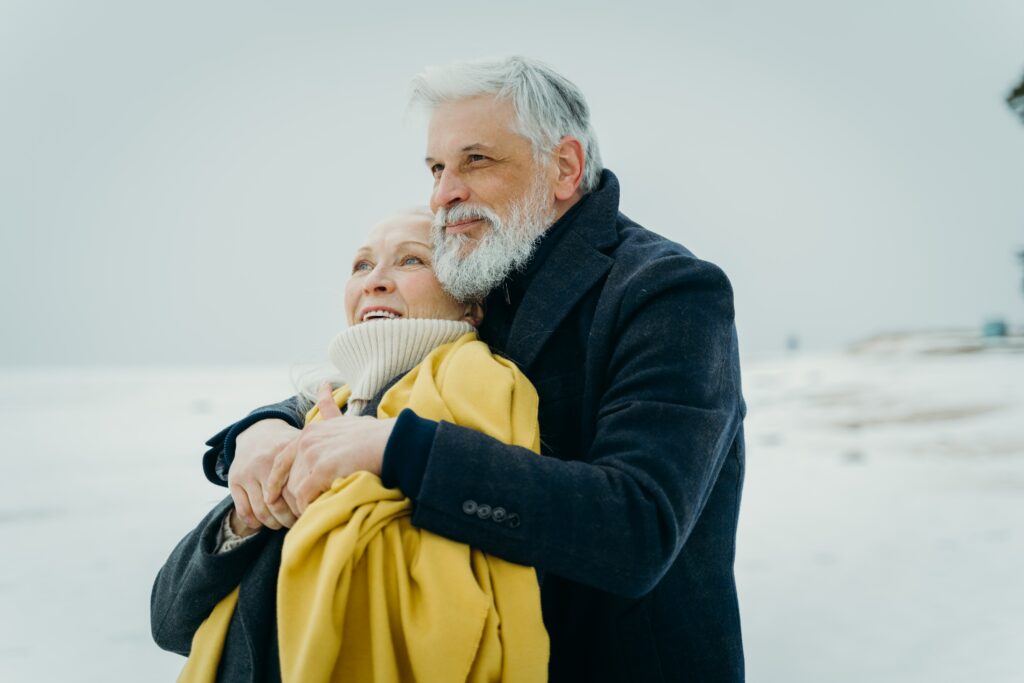Influences of Aging in Older People
Aging is a natural and inevitable process that affects all living beings. As you age, you’ll undergo a lot of changes, you’ll grow white hairs, your bones will become weaker, and you may not hear, or see the world as vividly as you remember.
But aging influences human life more than just on the appearance and physical aspects of it. In this article, we will discuss how aging can impact the different aspects of life in older adults. Understanding these impacts can help in improving the way we value the older generation and meeting their demands and needs.
How Aging Affects Older People’s Lives
Physical Influences
One of the most noticeable influences of aging in older people is on their physical health. As people age, their bodies become less resilient and more vulnerable to injury and illness. Common physical changes that occur with aging include decreased muscle mass, decreased bone density, and a decrease in the functioning of the cardiovascular and respiratory systems.
Chronic diseases, such as heart disease, arthritis, and diabetes, also become more common with age. These conditions can significantly impact an individual’s quality of life and require ongoing management and treatment.
Read Also: Aging: What Happens To Your Body
Psychological Influences
Aging can also significantly impact an individual’s mental health. Older adults are at an increased risk of developing mental health conditions such as depression, anxiety, and dementia. These conditions can impact an individual’s ability to live independently and perform daily activities.
Read Also: Emotional Changes in Old Age
Social Influences
Social isolation is a common problem among older adults and can significantly impact their health and well-being. As people age, they may experience changes in their social support networks, such as losing friends or family members.
According to a study from the University of Southern California, older adults may have fewer social contacts, but their social networks are more concentrated on close friends – who may ultimately matter to people the most.
A study published in the journal Psychology and Aging also stated that while older adults may generally have fewer friends, they also tend to be closer with those friends and interact more often with them on a face-to-face basis.
New studies have shown also that older individuals tend to have more fulfilling and positive social interactions compared to younger ones.
This improvement in relationships is attributed to the efforts of both older adults and their social partners. As they age, older adults realize that their time is limited and are driven to make their social interactions more meaningful.
They reorganize their social networks and, with their accumulated experience, develop the social skills needed to handle conflicts with others successfully.
Economic Influences
Aging is also found to have profound influences on older people’s economic decisions. According to a report from United Income, most retirees aged 60 or older minimize their spending by 2.5 percent a year, or by about 20 percent over a 10-year period.
The research also found that older adults become less optimistic about the economy, stock market performance and their financial health as they age.
According to EBRI, as households aged, they generally spent less money on food, work-related expenses, and entertainment. Specifically, the average amount spent on transportation, clothing, and entertainment decreased with age, while the proportion of their budget spent on gifts and contributions increased for older households.
Read Also: A Guide to Finance for Seniors
Cultural Influences
The way we think and feel about getting older can also be shaped by our cultural and social environment, vice versa.
According to an article from the University Of Dublin, In Western societies, the prevailing idea of “successful aging” emphasizes independence and continued productivity, while in other cultures, older individuals may be encouraged to withdraw from active participation and rely on others for care.
A recent research conducted in the United Kingdom supports the idea that the health of elderly individuals can be affected by cultural and societal beliefs.
In places where old age is considered a symbol of low status, individuals who identified themselves as ‘old’ felt less positive about their health, according to the research. Conversely, in regions where elderly people are perceived as having a higher social status, the opposite was true.
Meanwhile, when it comes to looking after elderly relatives, families from diverse communities such as African American, Latino, Asian, Native American, and other minority groups have distinct advantages and requirements.
A study published in The Gerontologist journal found that older individuals have greater levels of all types of cultural values compared to younger people. This implies that as people age, they are more inclined to support cultural values. The study also suggests that individuals within different cultures become more culturally appropriate as they get older.
Gender Influences
People experience aging differently based on their gender. Women typically live longer than men, but may face greater challenges related to social disadvantage and loss of resources, such as property and access to education and services.
Men, on the other hand, tend to experience slower declines in appearance and sexual function as they age. This information comes from HelpAge International, which notes that women may be particularly vulnerable to poor health and lack of resources in old age due to factors such as limited access to education and employment opportunities earlier in life.
Technology Influences
Technology is known to largely impact human lives, it enables us to do things in a much more convenient and instant manner and make the impossible possible. In aging, technology plays a huge role in making the lives of older people better.
According to the World Economic Forum, technology offers the elderly a significant advantage by providing them with the freedom to choose their preferred lifestyle and maintain their independence, which promotes dignity.
By leveraging the power of the Internet of Things (IoT), older adults can continue to manage their daily activities.
Although no technology can replace face-to-face human interaction, video chat services and other internet-based communication tools enable older adults to stay connected with their loved ones, reducing the risk of social isolation and loneliness, which can impact their health and overall well-being
Read Also: A Guide To Seniors’ Wearable Tech Safety Devices
Bottomline
Aging is a natural aspect of human life that is often overlooked and not talked about enough, which is evident from how older people and the experiences that they go through in aging are often not heard enough.
Hence, it is very important that people have a deep understanding of the different aspects of aging and not solely focus on the physical aspects of it since aging has a complex influence in one’s life that affects every individual differently.
The complex differences on how aging affects older people calls for a multidisciplinary approach when it comes to delivering healthcare, providing resources, and connecting and treating them as a valuable part of the community to ensure that the older generation continue to experience and enjoy their golden years to the fullest.
To learn more about aging you may also visit our article on Old Age Problems: A Guide To Everything You Need To Know.






